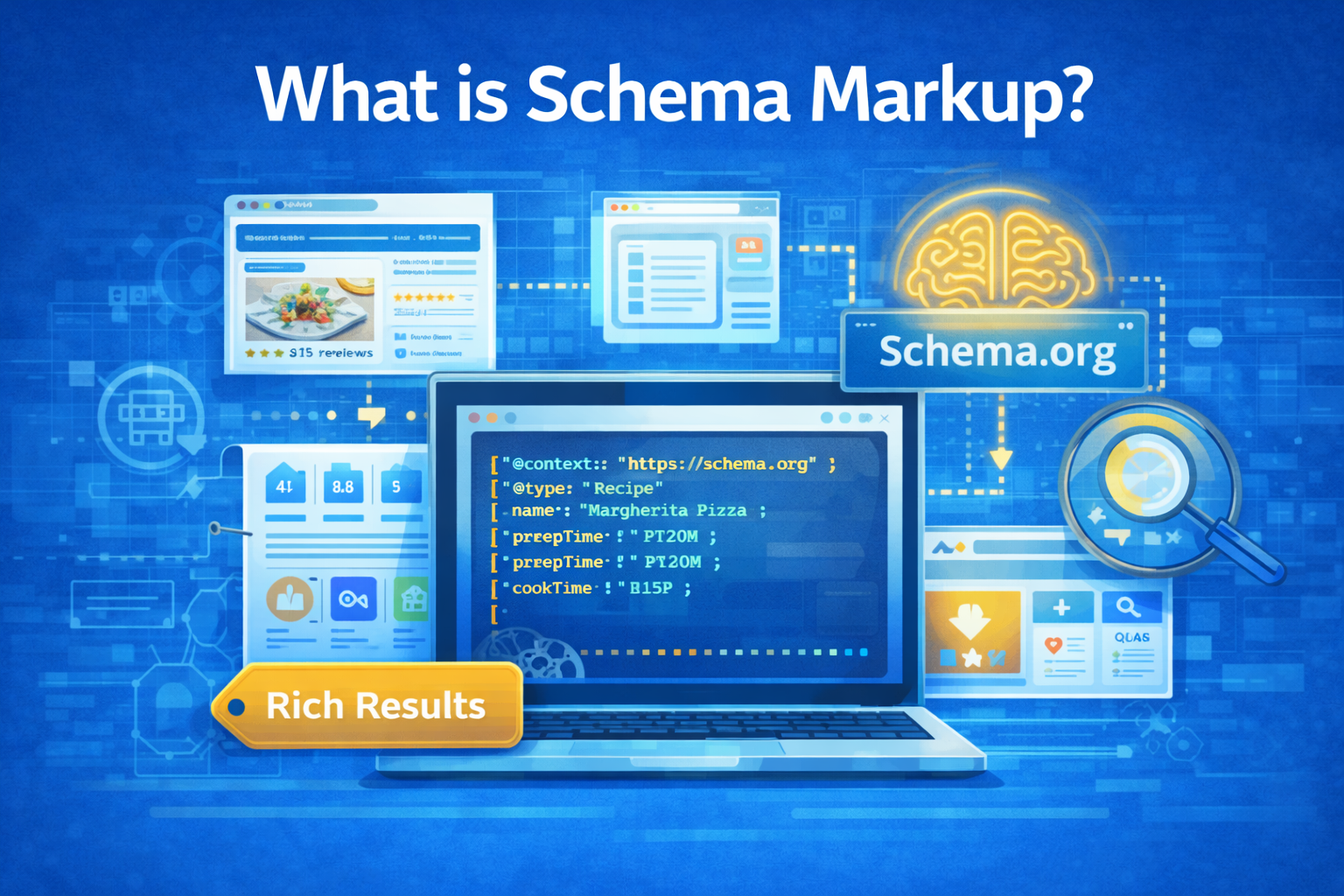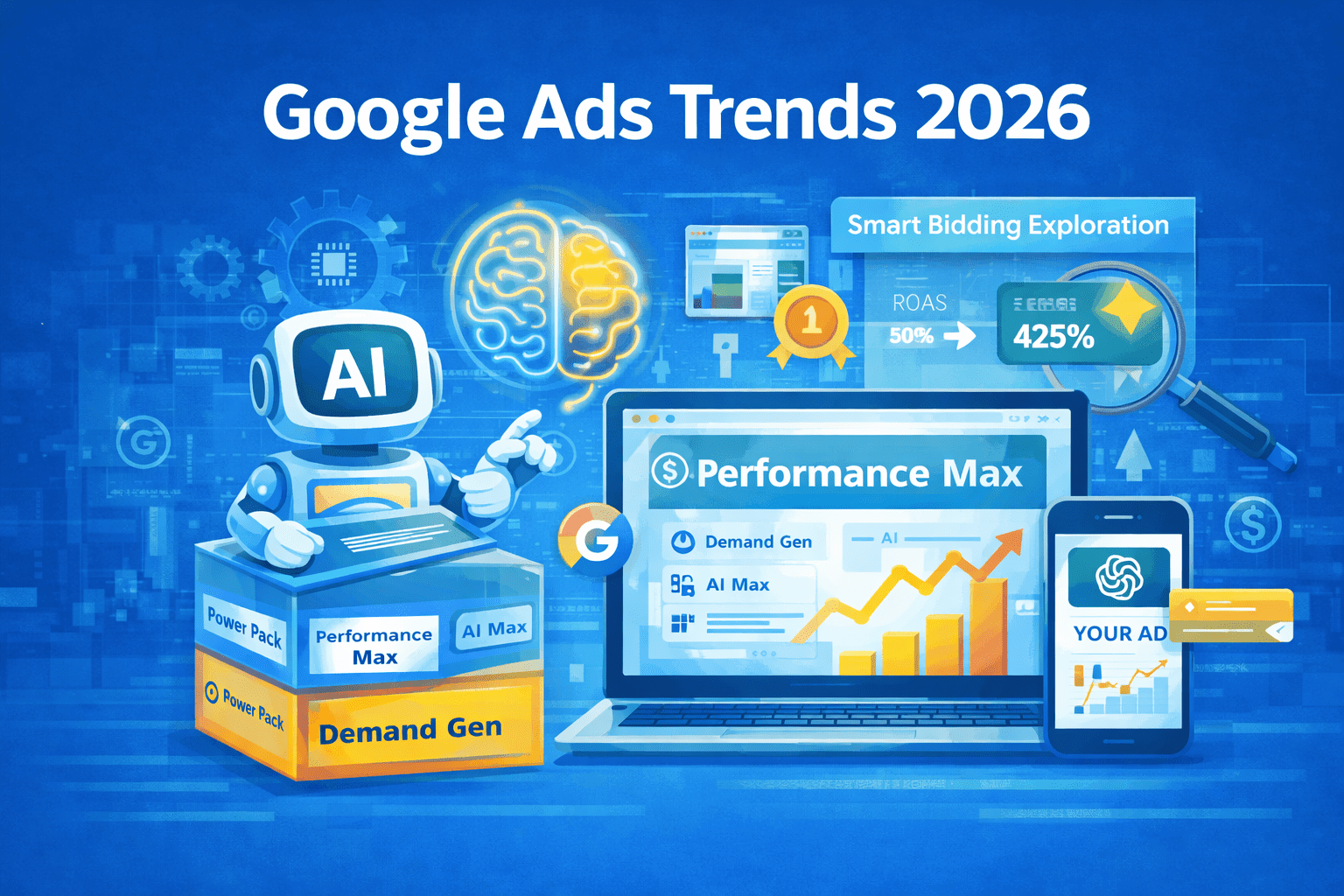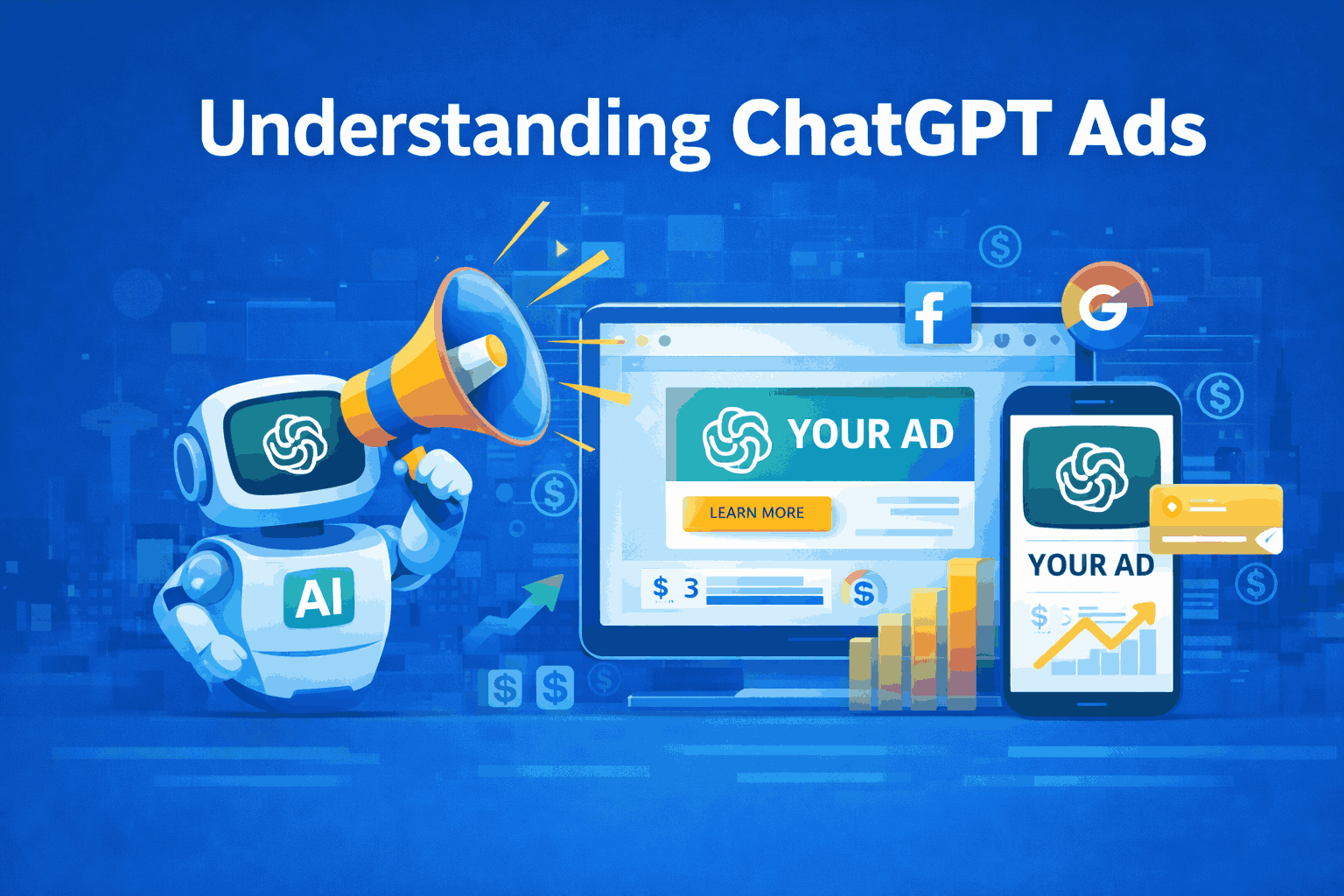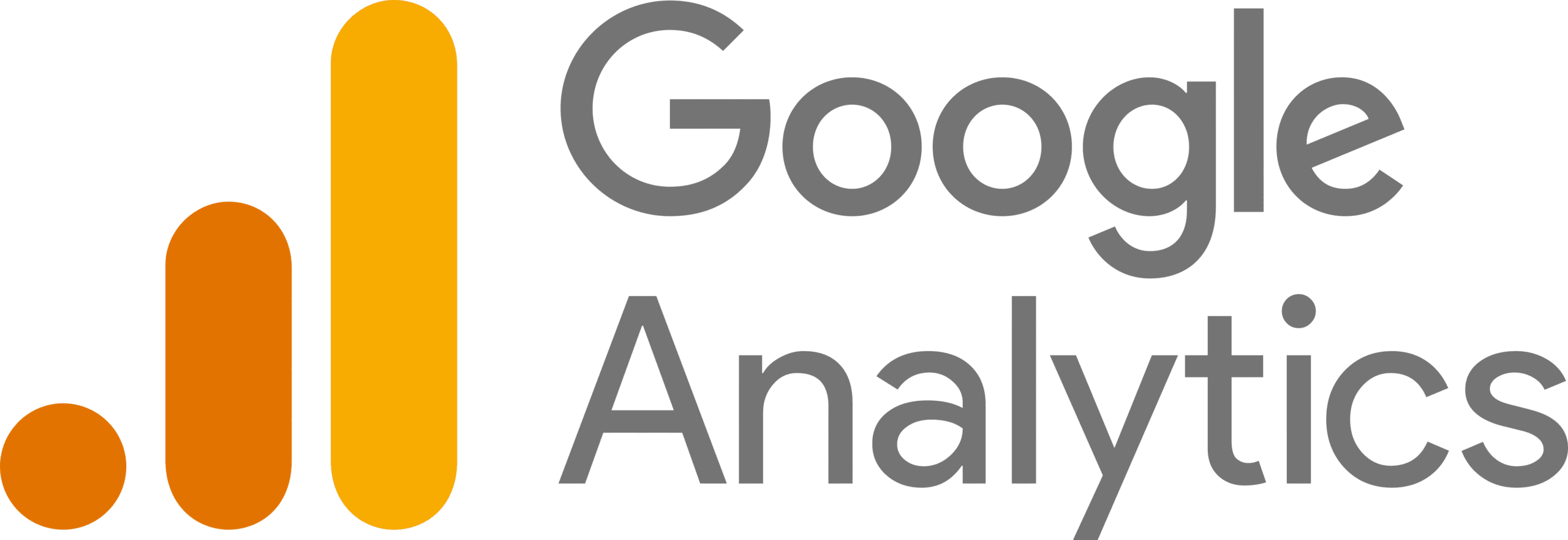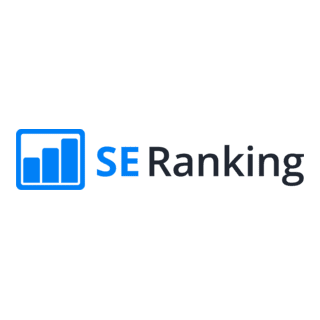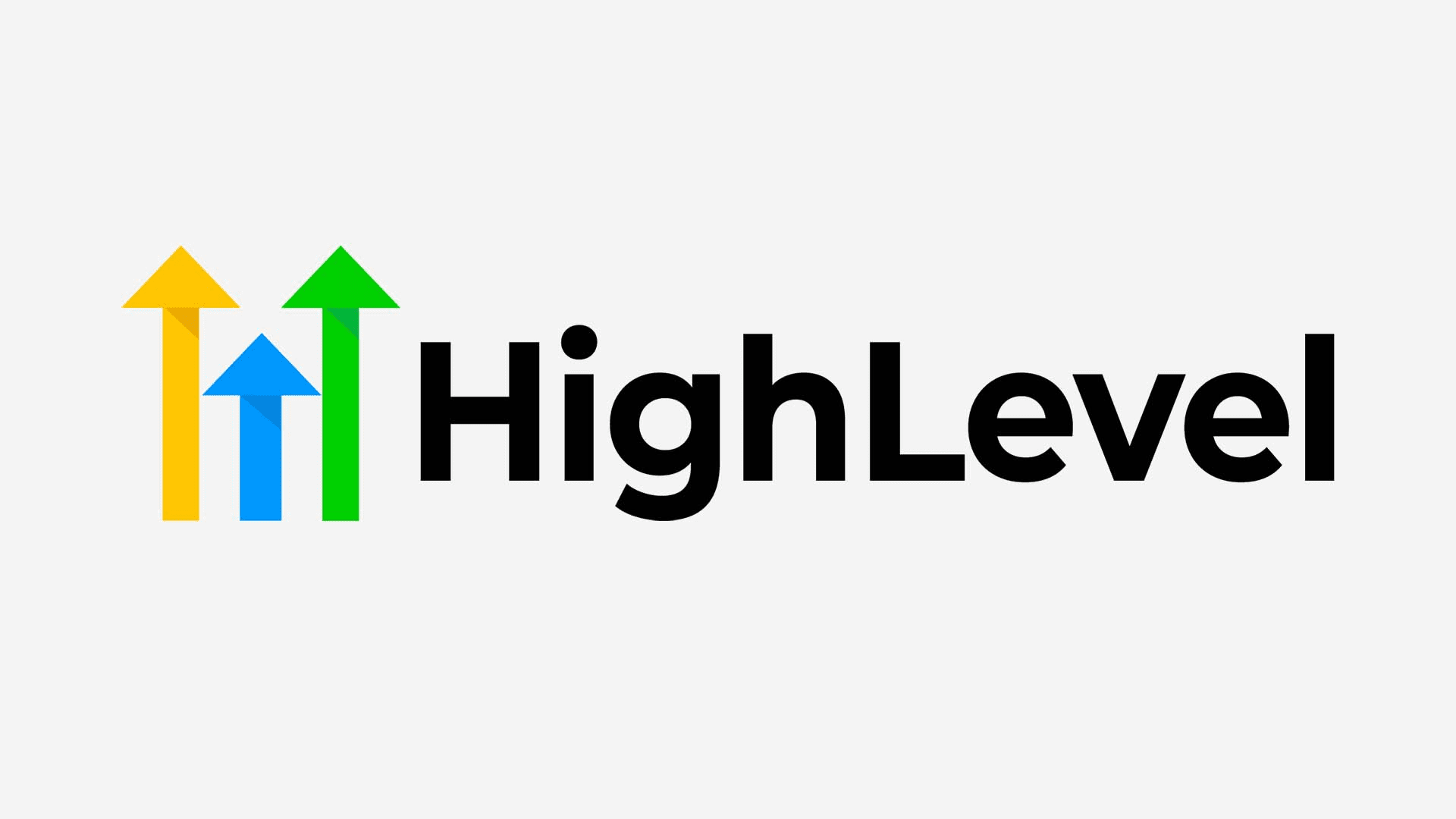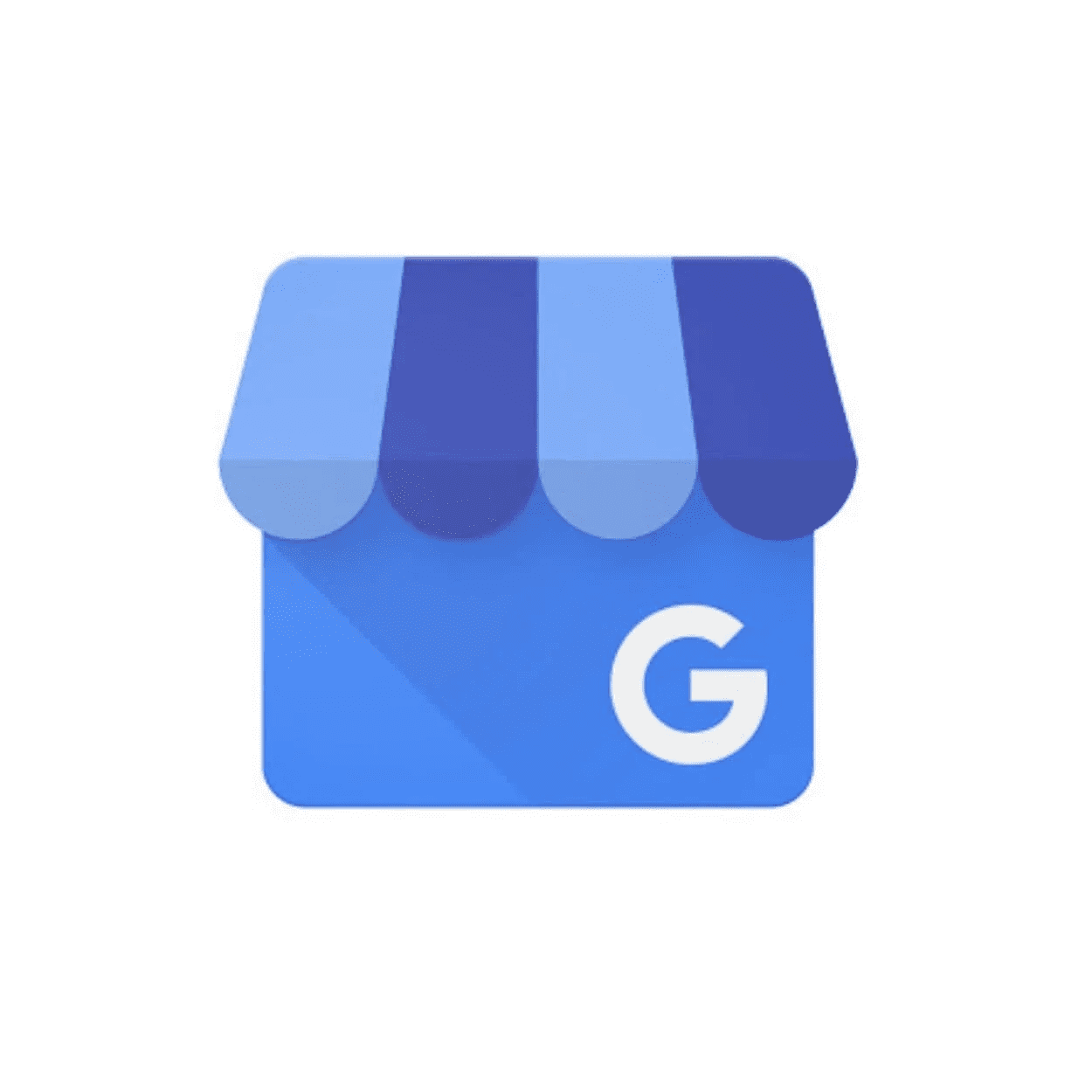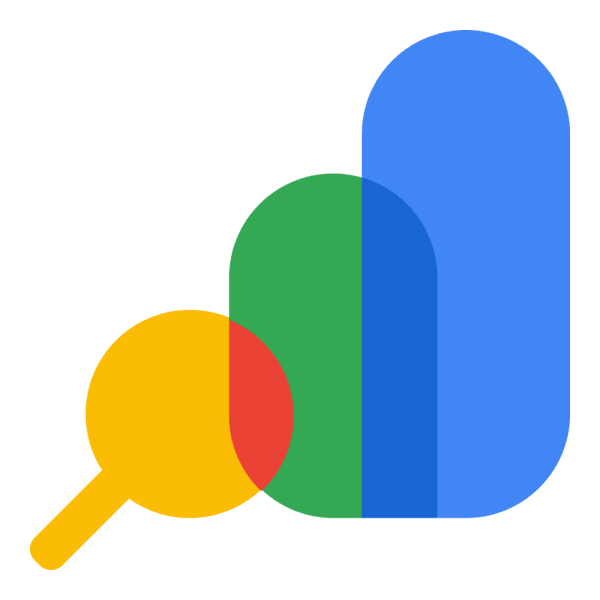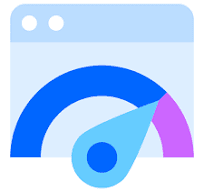Quick Summary: Google Ads outperforms traditional marketing in the UAE by offering measurable ROI, precise targeting, and flexible budgets. Businesses can start with as little as AED 50 daily and only pay for qualified leads, unlike fixed-cost traditional advertising that offers no performance guarantees.
Have you ever spotted a massive billboard in Dubai and asked yourself, “That must have cost a fortune, but who exactly is this reaching?”
The battle for customer attention in the UAE—a hub of innovation and forward-thinking business—has fundamentally shifted. Those gleaming billboards along Sheikh Zayed Road, the glossy print advertisements in local magazines, and the repetitive radio commercials all represent the old guard of marketing: impressive reach but literally zero guarantee of return on investment.
That approach no longer delivers results in 2025. The UAE has evolved into a digital-first nation, where 99% of the population actively uses the internet and consumers conduct extensive online research before making any purchase decision. Relying on mass-market, offline advertising strategies in today’s Dubai feels like trying to navigate smartphone features with a rotary dial telephone.
Companies across the Emirates are grappling with massive, untargeted budgets, complete absence of performance data, and the nagging worry that their marketing investment amounts to expensive guesswork.
This comprehensive analysis of Google Ads versus traditional marketing in the UAE will untangle the confusion. We’ll explore the fundamental differences between PPC and print advertising in Dubai, examine the brutal financial realities, review case studies from successful SMEs, and demonstrate why the measurable, precise power of digital marketing consistently wins in 2025.
The Great Divide: Broadcasting Messages vs. Answering Real Questions
The marketing landscape in the UAE presents a unique combination of physical grandeur and digital sophistication. However, these two approaches operate on completely different principles, and understanding this distinction is critical for business success.
The Fundamental Problem with Traditional Advertising: Spray and Pray
Traditional advertising operates on a fundamentally flawed assumption: if you broadcast your message widely enough, the right people might eventually see it.
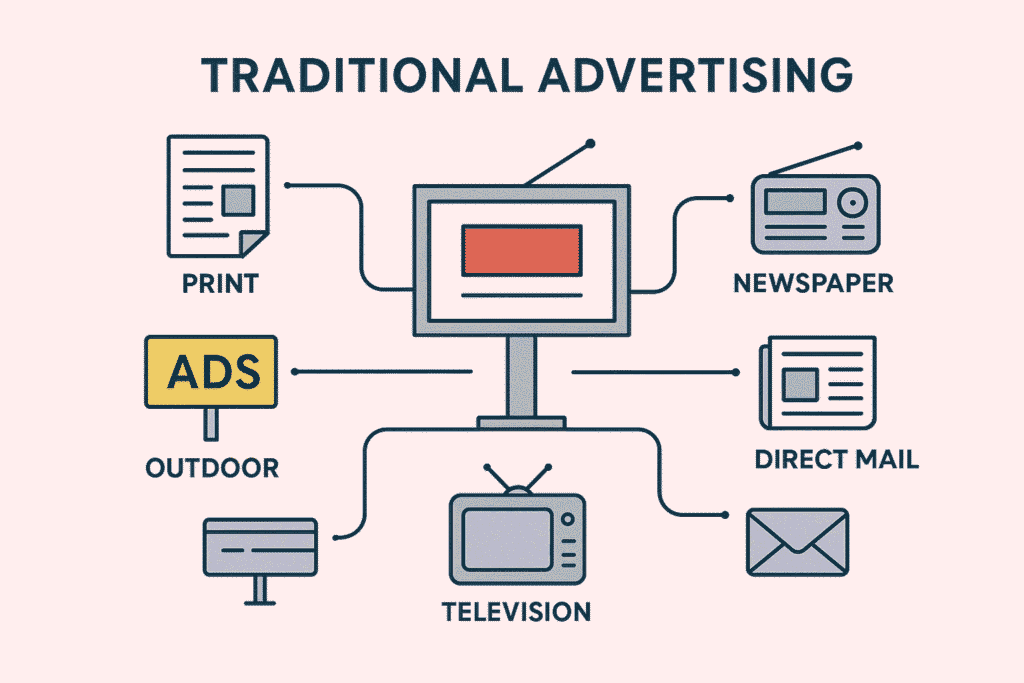
Consider this scenario: Your ideal customer is a business owner searching for corporate legal services in DIFC. What genuinely helps more?
- A beautifully designed, expensive magazine advertisement they quickly flip past while commuting to work?
- A highly relevant Google Ad that appears the exact moment they type “corporate lawyer DIFC Dubai” into their search bar?
The difference is profound and measurable. Traditional marketing pursues saturation—getting the message everywhere possible. Digital marketing through Google Ads pursues intent—reaching people who are actively searching for your exact solution right now. You’re transitioning from broadcasting to answering specific customer queries at the moment of maximum interest.
Why Intent-Based Marketing Changes Everything
When someone types a search query into Google, they’re raising their hand and saying, “I have a problem, and I’m looking for a solution right now.” This represents the highest quality lead possible—someone with active interest, immediate need, and purchase intent.
Traditional advertising interrupts people during their daily activities, hoping to create awareness that might translate into future action. Google Ads connects with people who have already decided they need a solution and are actively comparing options. This fundamental difference explains why conversion rates for search advertising consistently outperform traditional media by factors of 5x to 10x.
The Financial Reality Check: Fixed Gambles vs. Controllable Investment
This is where discussions about marketing budgets in the UAE get particularly revealing. In a high-cost market like Dubai and Abu Dhabi, every marketing dirham must deliver measurable returns and contribute to business growth.
Traditional Marketing: The Fixed-Cost Gamble
Consider how budgets work for offline versus online advertising in the UAE. Traditional media operates exclusively on a fixed-cost model. You pay a substantial, non-negotiable fee for advertising space or time slots completely upfront.
The critical problem? That cost remains identical whether your advertisement breaks sales records or generates zero qualified leads.
Let’s examine real numbers: If you invest AED 100,000 in a radio campaign across Emirates stations and receive only a handful of phone calls, your cost per acquisition becomes astronomical—potentially AED 10,000 or more per lead. Your entire budget has been spent, you cannot adjust the campaign mid-flight, and you’re left guessing about actual ROI because tracking is nearly impossible.
Here’s what typical traditional advertising costs in Dubai (2025):
- Prime billboard on Sheikh Zayed Road: AED 75,000–150,000 per month
- Full-page magazine ad in business publication: AED 15,000–35,000 per issue
- 30-second radio spot during drive time: AED 2,500–5,000 per airing
- Newspaper half-page advertisement: AED 8,000–20,000 per day
These represent pure expense with no performance mechanism. You pay regardless of results, and you have no ability to optimize during the campaign.
Google Ads: The Scalable Performance Tool
Google Ads operates on a performance-based cost model, built specifically for financial accountability and measurable results. You only pay when a specific, trackable action occurs—typically when someone clicks on your advertisement (pay-per-click or PPC).
This creates several transformative advantages:
1. Zero Upfront Risk
Start with a modest daily budget—even AED 50 if you’re testing a new market or service. If the campaign performs well and generates profitable conversions, you scale it up gradually. If results disappoint, you pause the campaign instantly with no contractual obligations or wasted spend.
2. Zero Wasted Impressions
When a user clicks your ad, they’re explicitly signaling interest in your specific offering. You’re not paying to entertain random people walking past a bus shelter or flipping through a magazine. You’re paying exclusively for qualified prospects who land on your website with active interest.
3. Completely Measurable ROI
This represents the magnifying glass for your marketing investment. Google Ads provides granular tracking for the entire customer journey—from the specific keyword they searched, to which ad variation they clicked, to the exact page they visited, all the way through to completed purchases or form submissions.
You know the precise cost per acquisition (CPA) for every service you offer. Also understand which geographic areas generate the best returns. You can see which times of day produce the highest conversion rates. This level of insight transforms marketing from an expense into a predictable, scalable business asset.
Real Google Ads Costs in Dubai (2025):
- Average cost-per-click for commercial services: AED 3–12
- Typical monthly budget for small business: AED 3,000–10,000
- Expected conversion rate for well-optimized campaigns: 3–8%
- Average cost per qualified lead: AED 40–200
The core financial argument for digital marketing is elegantly simple: you purchase performance and proven results, not potential reach or hopeful exposure.
Why Precision Targeting is the Ultimate Business Superpower
The most transformative benefit of digital advertising is the ability to bypass marketplace noise completely and speak directly to your ideal customer profile. This capability gives smaller, strategically sophisticated businesses decisive advantages over competitors with massive but poorly targeted budgets.
The Inherent Clumsiness of Traditional Mass Advertising
Traditional marketing relies on broad, often outdated demographic data. An advertisement for specialized B2B software appears in a general-interest newspaper where 99% of readers have zero interest or need for that solution. This represents marketing wastage by fundamental design, not by accident.
You cannot target by behavior, intent, or specific characteristics. You simply pay for exposure to everyone within a general demographic category (such as “adults aged 25-55 in Dubai”) and hope your ideal customers happen to be paying attention at that exact moment.
Google Ads: Surgical Precision and Targeting Benefits
Google Ads enables laser-focused reach through multiple sophisticated targeting dimensions. You can segment your audience into specific, actionable groups:
1. Intent-Based Targeting (The Primary Advantage)
You reach users actively searching for “best Google Ads agency Dubai,” “luxury car dealers Abu Dhabi,” or “emergency plumber Dubai Marina.” They’re not passively seeing your brand—they’re actively expressing demand for your exact solution at that precise moment.
2. Demographic and Behavioral Layers
You can refine your audience by household income, employment status, whether they rent or own property, which device they’re using, what other websites they frequently visit, and even their purchase history across Google’s network.
3. Hyper-Local Geographic Targeting
Forget city-wide billboard coverage. You can target a precise 3-kilometer radius around your physical location, or exclusively target devices detected within specific business complexes like Dubai World Trade Centre or Abu Dhabi’s Etihad Towers.
4. Audience Remarketing
You can re-engage people who previously visited your website but didn’t convert, showing them customized messaging based on which specific pages they viewed or which products they considered.
5. Time-of-Day Optimization
Run your ads only during business hours when your team can answer calls, or increase bids during evening hours when your target audience is most active online.
This level of granular control eliminates the fundamental guesswork inherent in traditional advertising. You ensure your limited budget flows exclusively toward highly qualified, ready-to-convert potential customers who match your exact ideal customer profile.
Understanding the Full Digital Marketing Ecosystem in Dubai
Google Ads doesn’t exist in isolation. It represents one component of a comprehensive digital marketing strategy that successful UAE businesses leverage in 2025.
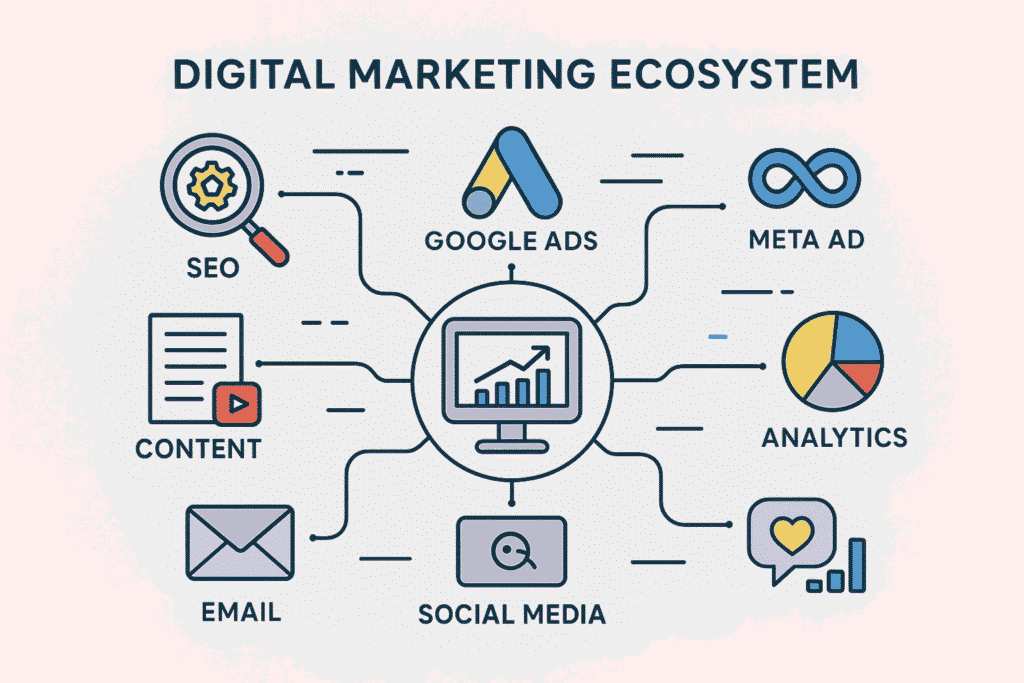
How Google Ads Integrates with Other Channels
Search Engine Optimization (SEO): While Google Ads provides immediate visibility, SEO builds long-term organic presence. Smart businesses use PPC to test which keywords convert best, then invest in SEO for those high-performing terms.
Social Media Advertising: Platforms like Instagram and LinkedIn reach users in discovery mode rather than search mode. Combining Google Ads (capturing active demand) with social media advertising (creating awareness) produces the best overall results.
Content Marketing: Your Google Ads drive traffic to your website, but quality content converts that traffic into customers. Effective campaigns require both paid visibility and compelling content.
Email Marketing: Visitors who click your ads but don’t immediately convert can be captured through email signup forms, allowing continued nurturing through email campaigns.
This integrated approach—sometimes called “full-funnel marketing”—ensures you’re reaching potential customers at every stage of their buying journey.
The Critical Metrics That Matter in 2025
Understanding which numbers actually drive business growth represents a crucial skill for modern marketers in the UAE.
Traditional Marketing’s Measurement Problem
Traditional advertising provides vanity metrics: circulation numbers, estimated impressions, general awareness studies. These sound impressive in presentations but don’t connect to revenue.
You might learn that 250,000 people theoretically saw your billboard, but you’ll never know:
- How many actually noticed it
- How many belonged to your target audience
- How many took any action as a result
- What revenue it generated
Google Ads Performance Metrics That Actually Matter
Cost Per Click (CPC): What you pay each time someone clicks your ad. Lower is generally better, but high CPC can be profitable if conversion rates are strong.
Click-Through Rate (CTR): Percentage of people who see your ad and click it. Higher CTR indicates relevant, compelling ad copy and targeting. Typical range: 3-8% for search ads.
Conversion Rate: Percentage of clicks that result in desired actions (purchases, form submissions, calls). This is the ultimate measure of campaign effectiveness. Typical range: 2-10% depending on industry.
Cost Per Acquisition (CPA): Total cost to acquire one customer. Compare this to customer lifetime value to ensure profitability.
Return on Ad Spend (ROAS): Revenue generated for every dirham spent. ROAS of 4x means every AED 1 spent generates AED 4 in revenue.
Quality Score: Google’s rating of your ad relevance, landing page quality, and expected CTR. Higher scores reduce your costs and improve ad positions.
These metrics connect directly to business outcomes and allow continuous optimization based on real performance data.
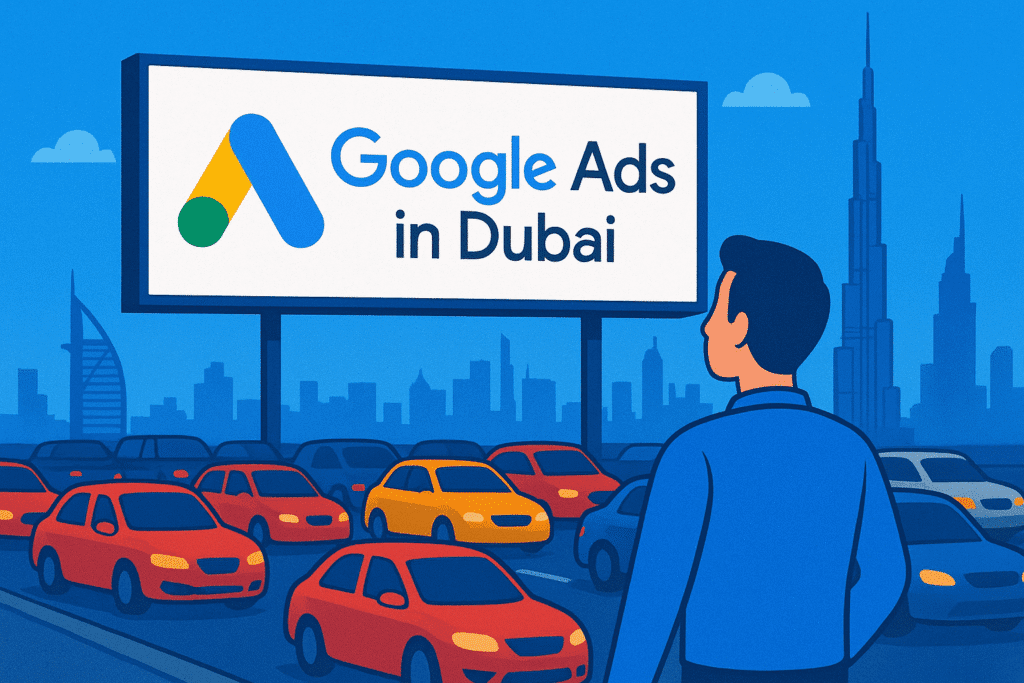
Addressing Common Objections to Digital Advertising
Despite overwhelming evidence, some UAE businesses remain hesitant about transitioning to digital-first marketing. Let’s address the most common concerns directly.
“Traditional Marketing Has Always Worked for Us”
Past success doesn’t guarantee future results, especially when consumer behavior fundamentally changes. The UAE population’s media consumption has shifted dramatically:
- 99% internet penetration rate (highest in Middle East)
- Average screen time: 8+ hours daily
- 94% of purchase journeys begin with online research
- 78% of consumers research online even before visiting physical stores
Your customers have moved online. If your marketing hasn’t followed, you’re missing opportunities.
“Google Ads Seems Too Complex and Technical”
This concern is understandable but outdated. Modern Google Ads interfaces have become increasingly user-friendly, and more importantly, specialized agencies can manage campaigns effectively while you focus on business operations.
The learning curve exists, but it’s far shorter than mastering traditional media buying across TV, radio, print, and outdoor advertising. Many Dubai businesses see positive results within 30-60 days of launching properly structured campaigns.
“We Need Brand Building, Not Just Direct Response”
This represents a false dichotomy. Google Ads excels at direct response marketing, but it also builds brand presence through:
- Display advertising on relevant websites
- YouTube video ads creating emotional connections
- Discovery campaigns showcasing your brand to interested audiences
- Consistent visibility for branded search terms
Additionally, strong brands with high awareness see lower CPCs and higher conversion rates in Google Ads. The two approaches complement each other rather than competing.
“Our Industry Relies on Personal Relationships”
Even relationship-driven industries benefit from digital visibility. Google Ads doesn’t replace relationship building—it facilitates initial discovery and connection.
When potential clients search for services in your category, appearing prominently establishes credibility and initiates the relationship. You still close deals through personal interaction, but digital marketing ensures you’re in the consideration set.
The Technical Advantage: How Google Ads Delivers Superior Results

Understanding the technical mechanisms behind Google Ads performance helps explain why it consistently outperforms traditional marketing in measurable business outcomes.
Machine Learning Optimization
Google’s algorithms analyze millions of data points across every campaign, automatically optimizing for better performance:
- Smart Bidding: Automatically adjusts bids in real-time based on likelihood of conversion for each search query
- Responsive Ads: Tests multiple headline and description combinations to identify highest-performing variations
- Audience Signals: Learns which user characteristics predict conversions and prioritizes similar audiences
This optimization happens continuously, 24/7, at a scale and speed impossible for human management.
Cross-Device Tracking and Attribution
Modern customer journeys are complex. Someone might:
- Search on mobile while commuting
- Research on desktop at work
- Compare options on tablet at home
- Finally purchase on mobile
Google Ads tracks this entire journey across devices, providing accurate attribution and understanding of how different touchpoints contribute to conversions. Traditional marketing cannot connect these dots.
Dynamic Ad Personalization
Google Ads can customize ad content in real-time based on:
- User’s search query
- Their location
- Time of day
- Device being used
- Previous interaction with your brand
This level of personalization dramatically improves relevance and conversion rates compared to static traditional advertisements.

Practical Implementation: Getting Started with Google Ads in Dubai
For UAE businesses ready to embrace digital marketing, here’s a practical roadmap to successful Google Ads implementation.
Phase 1: Foundation and Strategy (Weeks 1-2)
Define Clear Objectives: Specify exactly what success looks like—lead generation, online sales, phone calls, store visits, or brand awareness.
Identify Target Audience: Document who your ideal customers are, what problems they’re solving, and what search terms they likely use.
Audit Digital Assets: Ensure your website loads quickly, displays correctly on mobile devices, and has clear conversion paths (contact forms, phone numbers, chat options).
Set Realistic Budget: Start with AED 3,000-5,000 monthly for testing, with commitment to maintain consistent spend for at least 90 days to gather meaningful data.
Phase 2: Campaign Launch (Weeks 3-4)
Keyword Research: Identify 15-30 high-intent keywords that indicate readiness to purchase or engage.
Campaign Structure: Organize campaigns by service line or product category, with tightly themed ad groups.
Compelling Ad Copy: Write ads that directly address customer pain points and highlight your unique value proposition.
Landing Page Optimization: Create dedicated landing pages that match ad messaging and make conversion easy.
Conversion Tracking: Implement proper tracking to measure form submissions, phone calls, and purchases.
Phase 3: Optimization (Ongoing)
Weekly Monitoring: Review performance metrics, pause underperforming keywords, and increase budget for winners.
A/B Testing: Continuously test different ad variations, landing pages, and offers to improve conversion rates.
Negative Keywords: Add search terms that trigger your ads but don’t convert, preventing wasted spend.
Bid Adjustments: Modify bids based on device, location, and time-of-day performance data.
Audience Refinement: Layer on demographic and interest-based targeting as you gather performance data.
Working with a Google Ads Agency vs. In-House Management
Agency Benefits: Specialized expertise, established best practices, access to beta features, and ability to manage complex campaigns efficiently.
In-House Benefits: Direct control, immediate communication, deep company knowledge, and no ongoing agency fees.
For most Dubai SMEs, working with an experienced agency provides the best results, especially during the critical first 6-12 months while building internal expertise.
Industry-Specific Considerations for UAE Businesses
Different sectors in the UAE face unique opportunities and challenges with Google Ads implementation.
Real Estate and Property
Opportunities: High search volume for “apartments for sale Dubai,” “villas for rent,” and similar terms. Visual showcase through Display and Discovery ads works exceptionally well.
Challenges: High competition and premium CPCs (AED 8-25 per click). Success requires excellent landing pages and lead qualification systems.
Best Practices: Use location-based targeting, showcase property images in ads, and implement remarketing to nurture long consideration cycles.
Healthcare and Medical Services
Opportunities: Patients actively search for specific treatments, conditions, and specialists. High urgency leads to strong conversion rates.
Challenges: Strict advertising policies and regulations. Must carefully comply with medical advertising guidelines.
Best Practices: Focus on informational content, patient testimonials, and emphasize credentials and facility quality.
Professional Services (Legal, Consulting, Financial)
Opportunities: High-value clients with significant lifetime value justify premium CPCs. Decision-makers actively research options online.
Challenges: Long sales cycles and multiple touchpoints before conversion. Requires sophisticated nurturing strategies.
Best Practices: Content marketing combined with remarketing, emphasis on expertise and credentials, and case studies demonstrating results.
Retail and E-Commerce
Opportunities: Google Shopping ads with product images and prices drive qualified traffic. Purchase intent is clear and immediate.
Challenges: Price competition and thin margins require excellent conversion rate optimization.
Best Practices: Product feed optimization, seasonal promotional strategies, and focus on unique value propositions beyond price.
Hospitality and Tourism
Opportunities: Dubai’s tourism industry creates massive search volume. Visual storytelling through YouTube and Display ads highly effective.
Challenges: Seasonal fluctuations and heavy competition from booking platforms.
Best Practices: Geographic targeting of source markets, special offer promotions, and emphasis on unique experiences.
The Future of Digital Marketing in the UAE: 2025 and Beyond
Understanding emerging trends helps future-proof your marketing strategy and maintain competitive advantages.
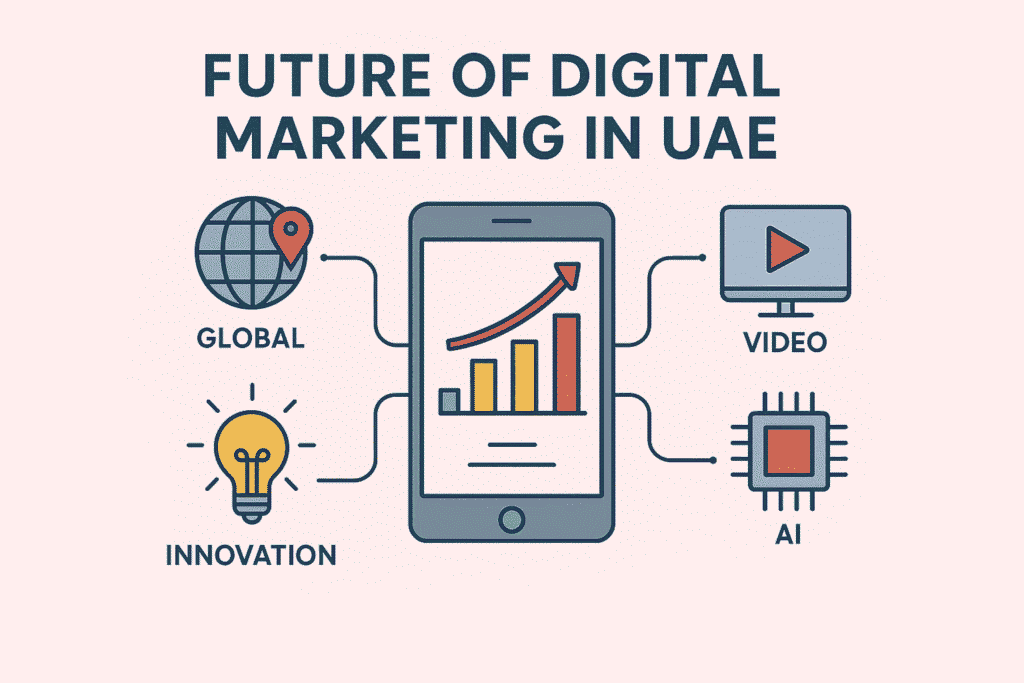
Artificial Intelligence and Automation
AI-powered campaign management will become standard, with systems automatically adjusting targeting, bidding, and creative elements based on performance data. Human expertise will focus on strategy and creative direction rather than manual optimization.
Voice Search Optimization
As smart speakers and voice assistants proliferate in UAE homes, optimizing for conversational, question-based queries becomes critical. “Near me” searches and location-based services will grow even more important.
Privacy-First Marketing
With increasing data privacy regulations and phasing out of third-party cookies, first-party data collection (email lists, customer databases) becomes more valuable. Google’s Privacy Sandbox initiatives will reshape targeting approaches.
Video-First Content
YouTube advertising and video content across all platforms will dominate. UAE consumers increasingly prefer video content over text, making video production capabilities essential.
Integration of Online and Offline Experiences
Omnichannel marketing that seamlessly connects digital advertising with physical store experiences will separate winners from laggans. Local inventory ads, store visit tracking, and in-store promotion redemption create unified customer journeys.
Making the Transition: Your Action Plan
For UAE business owners and marketing managers ready to embrace digital-first marketing, here’s your practical next steps guide.
Immediate Actions (This Week)
- Audit Current Spend: Calculate exactly how much you’re investing in traditional advertising channels and what measurable results they generate.
- Define Success Metrics: Identify the specific business outcomes you need (leads, sales, calls) and what each is worth to your business.
- Assess Digital Readiness: Evaluate whether your website is capable of converting paid traffic effectively. If not, prioritize website improvements.
Short-Term Actions (This Month)
- Allocate Test Budget: Set aside AED 5,000-10,000 for a 30-day Google Ads pilot campaign, separate from your existing marketing budget.
- Research Partners: If managing campaigns internally isn’t realistic, research and interview 3-5 Google Ads agencies in Dubai, focusing on relevant industry experience.
- Competitor Analysis: Search for your key products/services on Google and analyze which competitors appear in ads and how they position their offerings.
Medium-Term Actions (Next Quarter)
- Launch Initial Campaigns: Start with Search Ads targeting your highest-value services or products with clearest purchase intent.
- Implement Proper Tracking: Set up conversion tracking, Google Analytics, and call tracking to measure all campaign outcomes.
- Create Optimization Rhythm: Establish weekly or bi-weekly campaign review sessions to analyze performance and make data-driven adjustments.
- Document Learnings: Keep detailed records of what works and what doesn’t—these insights become increasingly valuable over time.
Long-Term Strategy (Six Months Plus)
- Expand Channel Mix: Once Google Ads proves profitable, expand into complementary channels like Facebook/Instagram Ads, LinkedIn, or programmatic display.
- Build Internal Capabilities: Develop in-house expertise through training and certifications, reducing long-term dependency on external agencies.
- Create Feedback Loops: Connect marketing data with sales and customer service insights to continuously refine targeting and messaging.
Frequently Asked Questions About Google Ads in Dubai
How much should a Dubai business budget for Google Ads?
Start with AED 3,000-5,000 monthly for small businesses testing initial campaigns. Growing companies typically invest AED 10,000-30,000 monthly. Large enterprises often spend AED 50,000+ monthly across multiple campaigns. The key is starting small, proving ROI, then scaling based on performance.
How quickly can we see results from Google Ads?
Initial results typically appear within 7-14 days of campaign launch—you’ll immediately see traffic and can measure early conversion patterns. However, achieving optimal performance usually requires 60-90 days of testing and optimization. Unlike traditional marketing’s delayed feedback, Google Ads provides real-time data from day one.
Can Google Ads work for B2B companies in Dubai?
Absolutely. B2B companies often achieve better results than B2C businesses because decision-makers actively research solutions online. While sales cycles are longer, the ability to target specific job titles, company sizes, and industries makes Google Ads highly effective for B2B lead generation.
What’s the difference between Google Ads and SEO?
Google Ads provides immediate paid visibility at the top of search results—you pay for each click. SEO focuses on earning organic (free) rankings through content quality and technical optimization—it takes longer but costs nothing per click. Smart businesses use both: Google Ads for immediate results and testing, SEO for long-term sustainable visibility.
How do we measure if Google Ads is working?
Track Cost Per Acquisition (CPA)—what it costs to acquire one customer. Compare this to your customer lifetime value. If customer value significantly exceeds acquisition cost, campaigns are successful. Additionally, monitor Return on Ad Spend (ROAS)—if you’re generating AED 4-5 for every AED 1 spent, you have a winner.
Can we target specific areas within Dubai and Abu Dhabi?
Yes, with extreme precision. Target specific neighborhoods, draw custom radius circles around your business, target multiple separate locations, or exclude areas where you don’t operate. You can even target people who work in certain business districts rather than just those who live there.
What if our competitors are also using Google Ads?
Competition is actually a positive indicator—it proves the channel works for your industry. Success comes from better targeting, more compelling messaging, superior landing pages, and smarter budget allocation. Many businesses succeed in competitive markets by targeting longer, more specific keyword phrases rather than broad generic terms.
How is Google Ads different from social media advertising?
Google Ads captures active demand—people searching for solutions right now. Social media advertising creates awareness and captures passive interest—people not necessarily looking for your product but matching your target profile. Google Ads typically drives higher conversion rates, while social media excels at brand building and reaching new audiences.
Do we need a perfect website before starting Google Ads?
Your website should be functional, mobile-friendly, and load reasonably fast. It doesn’t need to be perfect. Often, the urgency of converting paid traffic motivates necessary website improvements. Start campaigns, identify friction points in the conversion path, then prioritize improvements based on actual user behavior data.
What happens if we pause our Google Ads campaigns?
Traffic and leads stop immediately. Unlike SEO (which builds lasting organic presence) or brand marketing (which creates lasting awareness), Google Ads operates on pay-to-play principles. However, this also means you have complete control—pause when needed during slow seasons, reactivate instantly when ready to generate demand.
Conclusion: The Strategic Mandate for UAE Businesses in 2025
Choosing between traditional marketing and Google Ads is not simply a budget decision—it’s a strategic choice that shapes your business’s growth trajectory and competitive positioning.
The era of trusting in marketing that provides high visibility without measurable accountability has definitively ended. While traditional channels still serve specific purposes for certain large brands seeking mass market awareness, they are structurally incapable of delivering the Return on Investment (ROI), flexibility, and surgical targeting that defines success in today’s demanding, competitive, data-driven Dubai marketplace.
Google Ads represents measurable, scalable, adaptable performance marketing. It’s a precision tool ensuring your business pays exclusively for results—qualified traffic, genuine leads, actual customers. For achieving stable, predictable growth in 2025 and beyond, digital advertising is not just preferred—it’s essential for survival and prosperity.
Your marketing dirhams don’t have to represent a roll of the dice or an expensive guessing game. Transform them into an accountable, quantifiable investment that generates predictable returns.
The UAE’s most successful businesses have already made this transition. The question isn’t whether digital marketing works—it’s whether you’ll make the move before your competitors capture your market share.
Ready to transform your marketing from guesswork to growth engine?
See how we create and execute successful, fact-based Google Ads strategies specifically designed for Dubai businesses. Explore our Google Ads and PPC Marketing services in Dubai.
Learn more about maximizing Google Ads for your industry:
- Google Ads in Dubai UAE: The Complete 2025 Guide for Businesses
- Top Industries in Dubai That Benefit Most from Google Ads
About Digital Aura Marketing
Digital Aura Marketing specializes in performance-driven Google Ads management for businesses across Dubai, Abu Dhabi, and the wider UAE. Our data-focused approach eliminates marketing guesswork and delivers measurable ROI. Whether you’re a small business testing digital advertising or an established company scaling successful campaigns, we provide the expertise and strategic guidance to maximize your marketing investment.

